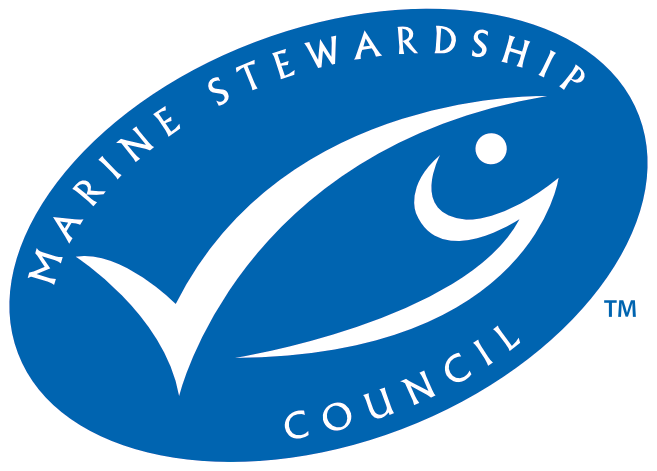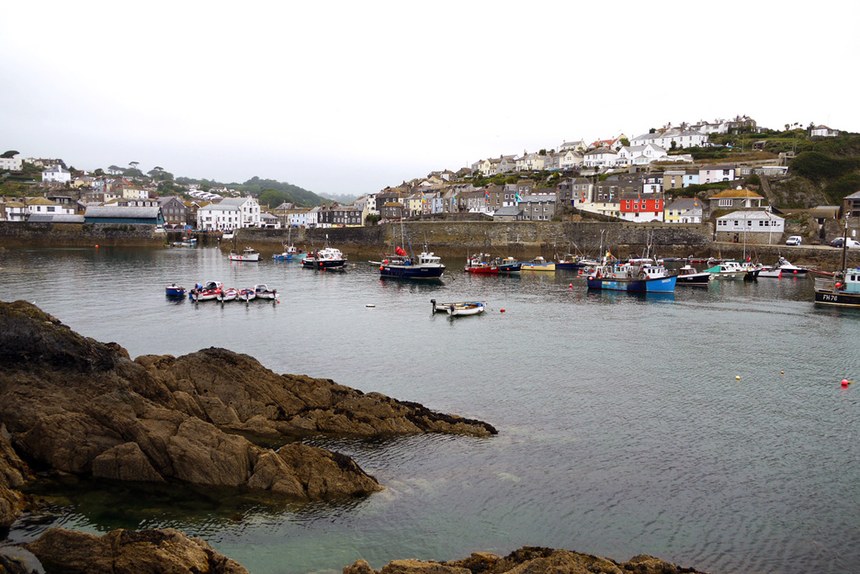
- Certifier :
- Control Union (UK) Limited
- Certified status :
- Certified
- Certified since :
- 18 Jun 2010
- Certificate expires :
- 27 Aug 2027
Overview
Fisheries are composed of one or more parts, each of which is entitled to receive an MSC certificate. These parts or “units” are defined by their target stock(s), fishing gear type(s) and if relevant vessel type(s), and the fishing fleets or groups of vessels.
When the term “Unit of Certification” is used for fishing units that are in assessment, it refers to the “Unit of Assessment” or “Unit of potential certification”. Expand a status below to view the parts that form this fishery. To check the detailed scope, download the latest certificate or open the Assessments page to get the latest report. Find out more by visiting our page on Fisheries
Catch by Species
| Species | Reported Catch Year | Metric Tonnes |
|---|---|---|
| European pilchard(=Sardine) (Sardina pilchardus) | 2023 | 7,172 |
Information is provided by an independent Conformity Assessment Body as live weight (the weight of species at the time of catch, before processing) and where a fishing season covers multiple years, the end year is given as the reported catch year. Additional information is available in the latest report, see the assessments page.
About this Fishery
Image © Claire Pescod, MSC
Sardines are found along the continental shelf of the eastern North Atlantic, from Senegal to the British Isles and across the Mediterranean. Small boats, usually with a skipper and two crew, use ring nets and drift nets to fish for sardines from July to April. They operate in traditional fishing areas within six miles of the coast of Cornwall. Once on board the boat, Cornish sardines are put on ice to maintain quality and freshness. The sardines are sold to merchants and fish processors either directly from the vessel or at an auction market.
The sardine fishery was recertified in 2017.
If you want to learn more about all current UK & Irish Fisheries’ journeys to certification, find out where to buy UK and Irish seafood with the blue fish, and get your hands on the latest mouth-watering recipes, visit the UK & Irish Fisheries Spotlight.
Market Information
The fish are processed in several ways: fresh or frozen, gutted, whole and tinned. Fresh fish are packaged in ice and cool boxes for transportation to customers. Remaining fish are primarily frozen and packaged in boxes for frozen storage and then onward to customers.
